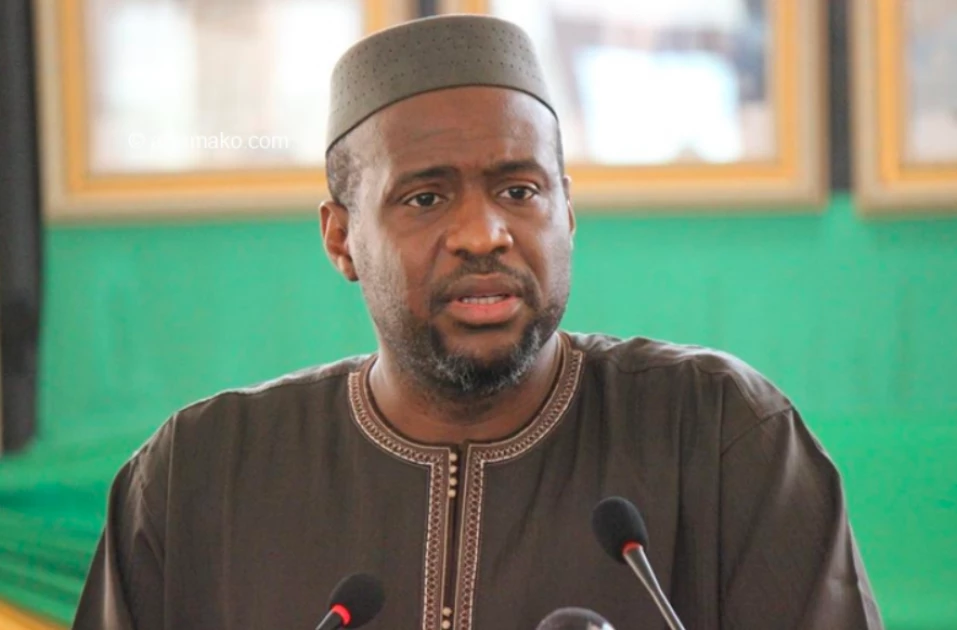
In Bamako, former Malian Prime Minister Moussa Mara is standing trial on charges of undermining state authority after publishing a message on the social platform X (formerly Twitter).
The prosecution has requested a two-year prison sentence, in a case widely seen as emblematic of the junta’s tightening grip on dissent. A verdict is expected on October 27.
Mara, who served as Prime Minister between 2014 and 2015, appeared before Mali’s Cybercrime Court on Monday, September 29. He is accused of “undermining the credibility of the state” and “opposing legitimate authority.”
The charges stem from a July post in which he expressed solidarity with political detainees, writing: “As long as the night lasts, the sun will of course eventually appear.”
Authorities have interpreted the words as a challenge to the legitimacy of the ruling regime.
His lawyer, Mountaga Tall, dismissed the allegations and argued that the case represents a direct attack on freedom of expression. “We defer to the wisdom of the court not to follow the prosecution,” he told reporters after the hearing.
Despite the defence’s arguments, Mara’s request for provisional release was rejected, leaving him incarcerated until the final ruling.
The trial comes against a backdrop of escalating repression since the 2020 and 2021 coups that brought Colonel Assimi Goïta to power.
Political parties have been dissolved, media outlets silenced, and civil liberties curtailed. In July, the junta extended its rule by granting itself a five-year renewable presidential mandate without elections, further delaying a return to democratic governance.
For many observers, Mara’s case symbolizes the broader erosion of freedoms in Mali. Critics warn it sends a stark message to anyone who dares to voice dissent. The October 27 verdict will not only determine the fate of a former prime minister but also serve as a measure of how far the authorities are willing to go in suppressing opposition.



